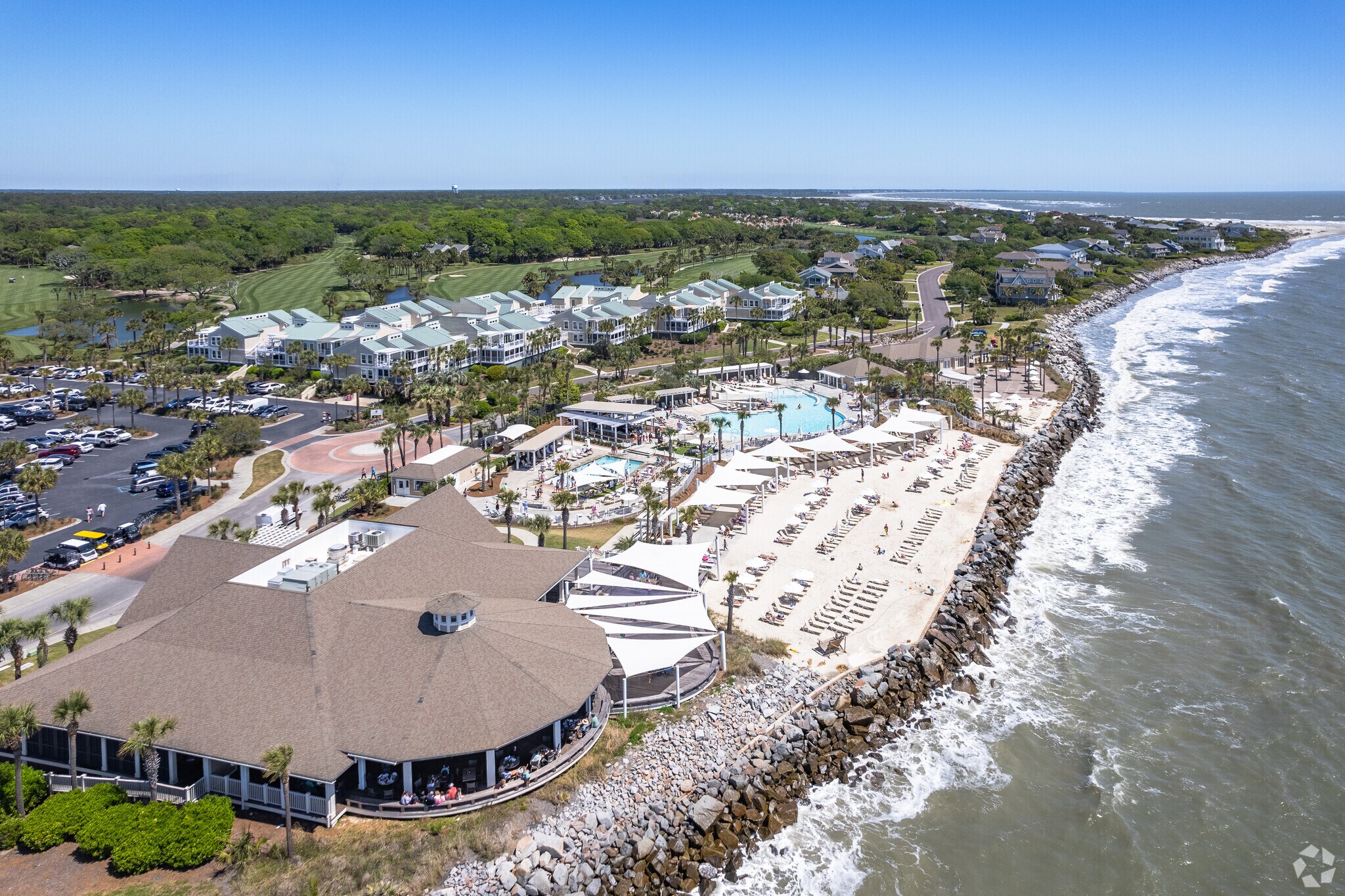Coastal Management
Seabrook Sand Scraping
In 2023, Seabrook Island Property Owners Association received approval for a permit for a sand scraping project, to mine sand from the intertidal beach between central Seabrook Island and Captain Sams Inlet and transfer the sand further south near Seabrook Island Beach Club. Coastal Conservation League is challenging the permit.
Support Our Work


